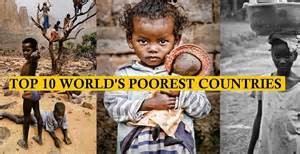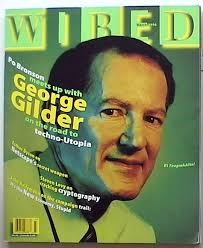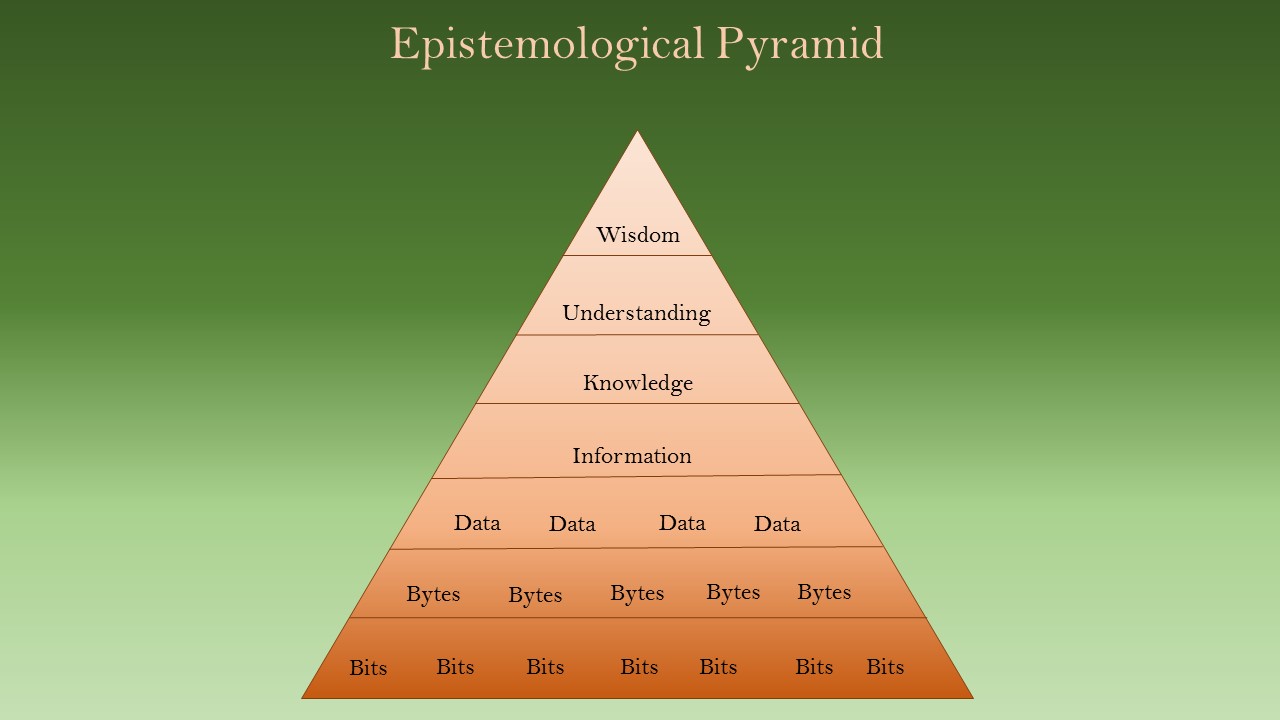Why are some people and nations rich and others poor? What is the source of wealth?
 Most people have the mistaken idea that wealth is “found” in the ground. But if this were the case, the Democratic Republic of the Congo would be fabulously wealthy and Singapore impoverished. But the opposite is true. How can the people of one of the most naturally rich nations in the world be so poor and a nation with virtually no natural resources be so wealthy?
Most people have the mistaken idea that wealth is “found” in the ground. But if this were the case, the Democratic Republic of the Congo would be fabulously wealthy and Singapore impoverished. But the opposite is true. How can the people of one of the most naturally rich nations in the world be so poor and a nation with virtually no natural resources be so wealthy?
The answer: Wealth does not come from the ground. WEALTH COMES FROM THE MIND! It is the product of human imagination and creativity. Nations that have discovered the principle of wealth creation have set their people free to be entrepreneurs, to envision a different life, to dream their dreams and take risks to accomplish them.
George Gilder is an American economist, writer, advocate of technical innovation, and chair of the Discovery Institute’s Center on Wealth, Poverty, and Morality. His 1981 bestseller Wealth and Poverty advanced a practical and moral case for the creation of wealth by a free people working in free markets. He has led the paradigm shift from the materialist’s conviction to a Judeo-Christian paradigm. The former regards resources as finite things in the ground. The latter recognizes that wealth is born in the mind and shaped by human discovery, innovation and creativity. For lifting people out of poverty, moral and metaphysical capital is more important than physical capital.
In a recent speech, Guilder tells a story:
A professor at MIT named Cesar Hidalgo recently gave a good example to help you understand this concept. When an expensive car crashes into a wall, all its value disappears, although every molecule and atom remain. Value is information, the car is knowledge. And I can prove that all wealth is essentially knowledge.
The base materials—steel, aluminum, rubber, petroleum—did not make the car the car. It was the human mind applied to these natural materials, the mind that arranged them for a purpose that gave them their value. The key to human flourishing resides in the mind and heart more than in the ground. Guilder continues:
I believe that if wealth is knowledge, then growth is learning. Now to have learning, certain rules apply. Learning is most essentially experimental. If outcomes are guaranteed, learning is essentially prohibited.
Wealth is a derivative of knowledge. To grow wealth is to grow in learning. Part of what this means is the need for schools that teach people to think, to analyze, to think critically and to ask questions. Educational systems that treat people like robots, that teach “to the test” or deal in rote, leave people ill-equipped as knowledge workers. We need to encourage people to be free thinkers, to ask questions, to think outside the box, and take risks.
Yes, take risks. But risks may mean loss and failure. Guilder unpacks this:
 The reason capitalism is such an engine of learning and thus an engine of economic growth is because every business plan can fail; bankruptcy is possible. But if you have government guaranteeing everything by printing money whenever any enterprise is in jeopardy of falsification or bankruptcy then learning is prohibited. So the very policy that government follows to guarantee growth intrinsically thwarts growth by arresting the learning process — by falsifying the learning process.
The reason capitalism is such an engine of learning and thus an engine of economic growth is because every business plan can fail; bankruptcy is possible. But if you have government guaranteeing everything by printing money whenever any enterprise is in jeopardy of falsification or bankruptcy then learning is prohibited. So the very policy that government follows to guarantee growth intrinsically thwarts growth by arresting the learning process — by falsifying the learning process.
One’s government can create an atmosphere of freedom, both political and economic, where people may learn and flourish. Or that government can create an atmosphere where human dignity, human innovation and creativity are squashed. One system leads to human flourishing, the other to human languishing.
Venezuela is an example of the latter. A nation rich in resources, including oil, is failing because the current system is tyrannical.
The Reformation, and its corollary, “the Protestant Ethic,” sparked a revolution that birthed universal education and the unified field of knowledge. (See ENCYCLOPEDIA: Whole Education for a Whole Life.) This led to a new enculturation and the rise of virtues that lifted whole nations out of poverty.
Guilder speaks of the wealth inherent in knowledge; wealth is immaterial before it is material. But I would argue that there is something more powerful than knowledge for human flourishing.
The Bible makes a distinction between knowledge, understanding, and wisdom, and assigns a hierarchy to these noetic operations.
Knowledge deals with facts and data. It uses the senses to perceive what exists, what is real. It answers the question “What does this information declare?”
Understanding deals with meaning. This is the use of the mind to ask, “What does this information mean?” in order to make sense and establish importance or priorities out of the facts.
Wisdom engages the will. It is the moral application of truth. It deals with the question, “How do I apply what I know and understand?” Here the moral framework must be integrated with our knowledge and understanding.
Wisdom is supreme. Wisdom is the grid through which our knowledge and understanding take wing. Without wisdom, we are left simply with information.
People routinely use what they know and understand apart from any moral framework. This leads to the destruction of individuals, families and nations. The word “wisdom” is rarely used in the modern world. This is so because modernity is a godless system without a moral framework. We are enamored with information. We have technologies that overwhelm us with information. But seldom do we stop to ask What does this mean? and How do we apply it toward human flourishing?
The following graphic is designed to help our understanding of what I call the Epistemological Triangle.
Information technology workers tend to focus on bits and bytes—data. The average consumer of information deals with data and knowledge. But more data or more information will not lead to flourishing. We need understanding (making sense of the knowledge) and wisdom (applying the knowledge to our practical morality).
We’re locked in to our devices today. We get lots of information on Facebook, Twitter, and Snapchat. The bandwidth of our technology is providing more and more data, copious information. But the bandwidth of our lives, our ability to understand, these are getting smaller. We know more and more about less and less.
As Guilder says, the key to human flourishing is knowledge. But knowledge is crowned by understanding and understanding by wisdom. We are not simply to be information workers. We are to be wisdom workers.
- Darrow Miller








3 Comments
Isireli Kacimaiwai
December 26, 2016 - 9:47 amA blessed celebration of Christ’s birth and a prosperous New Year. Thank you sincerely for this very important knowledge of wealth production.
Ana Roncal
December 28, 2016 - 6:25 amWonderful! Just before reading I was thinking of some young guys -ages between 27-32-, Christians, who have recently given up trying to find sense in their church lives. How different would everything be with this kind of key understanding.
I wish you a blessed and prosperous New Year, and more key insights to continue enriching the community of believers worldwide
admin
December 28, 2016 - 11:06 amAna, thank you for your encouraging words. May the new year find you filled with God’s grace and walking in the midst of His calling.